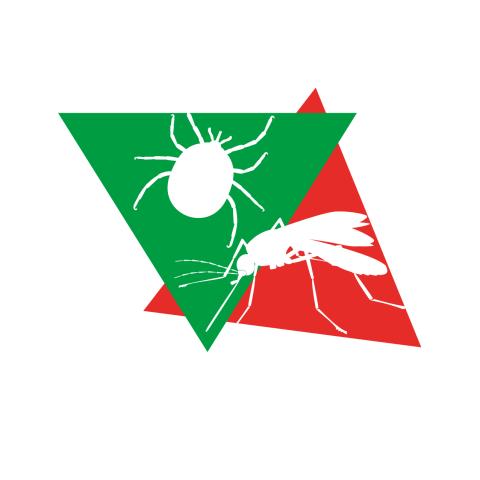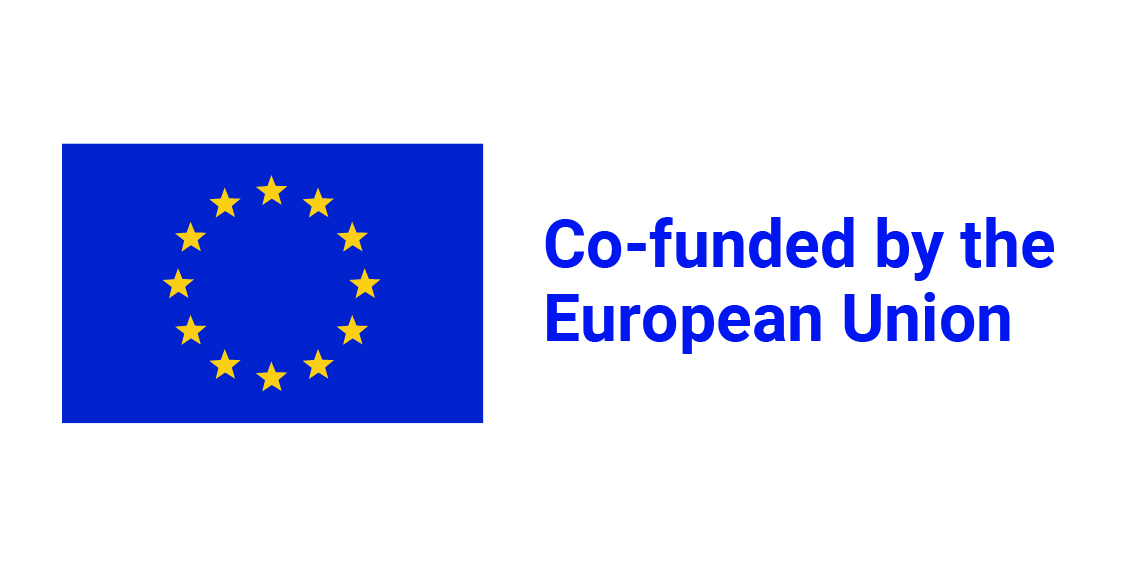VECTORACT

Project number: 101083215
Project name: Building the practical and theoretical knowledge capacity to monitor, assess and mitigate the risks of vector-borne diseases in Bangladesh
Project acronym: VECTORACT
Call: ERASMUS-EDU-2022-CBHE
Topic: ERASMUS-EDU-2022-CBHE-STRAND-1
Type of action: ERASMUS Lump Sum Grants
Granting authority: European Education and Culture Executive Agency
Grant managed through EU Funding & Tenders Portal: Yes (eGrants)
Project starting date: first day of the month following the entry into force date
Project end date: 2023.07.01. – 2026.06.30.
Project duration: 36 months
Grant: 316 221 EUR
Consortium agreement: Yes
Coordinator:
- EOTVOS LORAND TUDOMANYEGYETEM (ELTE)
List of participants:
- EOTVOS LORAND TUDOMANYEGYETEM
- VETERINAERMEDIZINISCHE UNIVERSITAET WIEN
- CHITTAGONG VETERINARY AND ANIMAL SCIENCES UNIVERSITY
- UNIVERSITY OF RAJSHAHI
Associate partner
- UNIVERSITY OF PECS
Project summary:
Vector-borne diseases (VBDs) are posing an extreme and growing risk both for human and veterinary health worldwide. Bangladesh is a prime example for the growing interface between animals and humans, and overall representing one of the major hotspots for emerging infectious diseases. The problem is not limited to human health, but it also has a high impact in the general veterinary health context throughout the country. Since the food production of the country is highly related to the livestock industry, evaluating and understanding the risk of VBDs is highly relevant in economic terms as well. Within the framework of the VECTORACT project, the University of Pécs (HU) and University of Veterinary Medicine Vienna (AT) aim to respond to this growing concern by improving theoretical and practical knowledge and building capacity for HEIs located in two major regional universities, Rajshahi and Chittagong by establishing two practical setups (trapping equipment) for relevant training in association with VBDs. The main objective is to develop the teaching background of HEIs to train students how to identify, assess and mitigate VBD-related risks. Target groups are HEI teachers and students, who will be provided with practical training, theoretical lectures and on a broader knowledge palette, multiple workshops by applying a train-the-trainers approach. At the same time, VECTORACT will reach out to stakeholders dealing with vector borne diseases and related fields, such as governmental institutions and public health authorities, as well as prepare a comprehensive mapping of relevant stakeholders in the field of VBD surveillance and formulate policy recommendations, which can serve as the theoretical foundations of a countrywide VBD surveillance system aiming at establishing a long-term and more comprehensive intervention strategy in the future.

